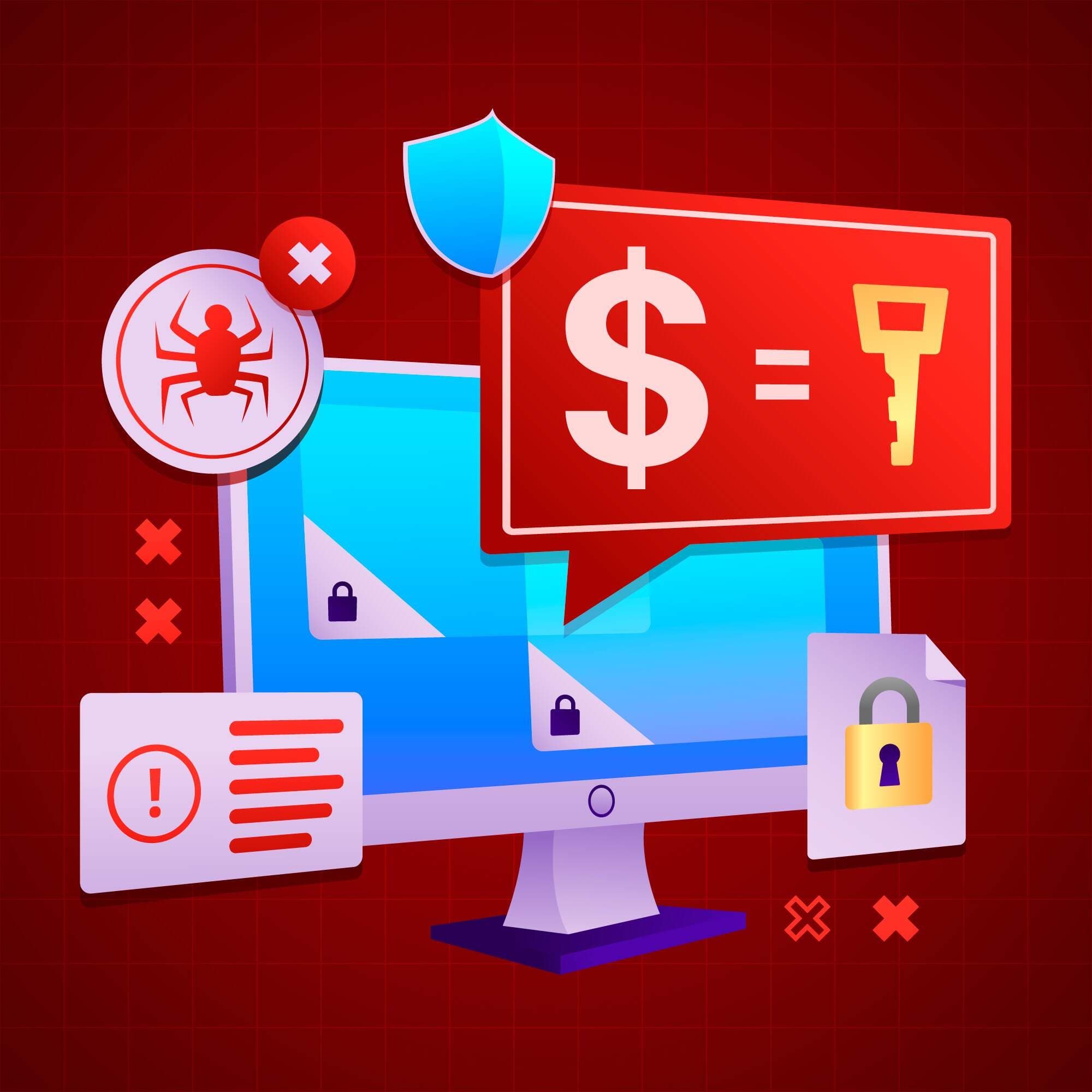Last updated on October 1st, 2023 at 01:31 am
Ransomware attacks can be devastating for individuals and organizations alike. When faced with the choice of paying the ransom demand or not, there are significant legal and ethical implications to consider. Here are some points to keep in mind:
- Paying the ransom may violate anti-terrorism laws: In some countries, paying a ransom to a group that is on the government’s list of designated terrorist organizations is a criminal offense. This means that paying the ransom could result in legal consequences for individuals or organizations, even if they were not aware of the group’s designation at the time.
- Paying the ransom may encourage future attacks: Ransomware attackers are often motivated by financial gain, and paying the ransom may encourage them to continue their attacks. This can create a cycle of ransomware attacks that is difficult to break.
- Paying the ransom may not guarantee the return of data: There is no guarantee that paying the ransom will result in the return of encrypted data. In fact, some ransomware attackers have been known to demand additional payments after the initial ransom has been paid.
- Paying the ransom may fund other criminal activities: The money paid in ransom demands may be used to fund other criminal activities, such as human trafficking or drug smuggling. By paying the ransom, individuals and organizations may inadvertently contribute to these criminal enterprises.
- Ethical considerations: Some argue that paying the ransom is unethical, as it supports criminal behavior and may encourage the growth of ransomware attacks. Others argue that paying the ransom is a necessary step to protect vital data and prevent further harm.
Ultimately, the decision of whether to pay a ransom demand is a complex one that requires careful consideration of legal, ethical, and practical factors. Organizations should have a comprehensive plan in place for responding to ransomware attacks, including measures to prevent attacks from occurring in the first place. By prioritizing cybersecurity and implementing best practices, organizations can reduce their risk of becoming victims of ransomware attacks and mitigate the potential legal and ethical implications of paying ransom demands.




